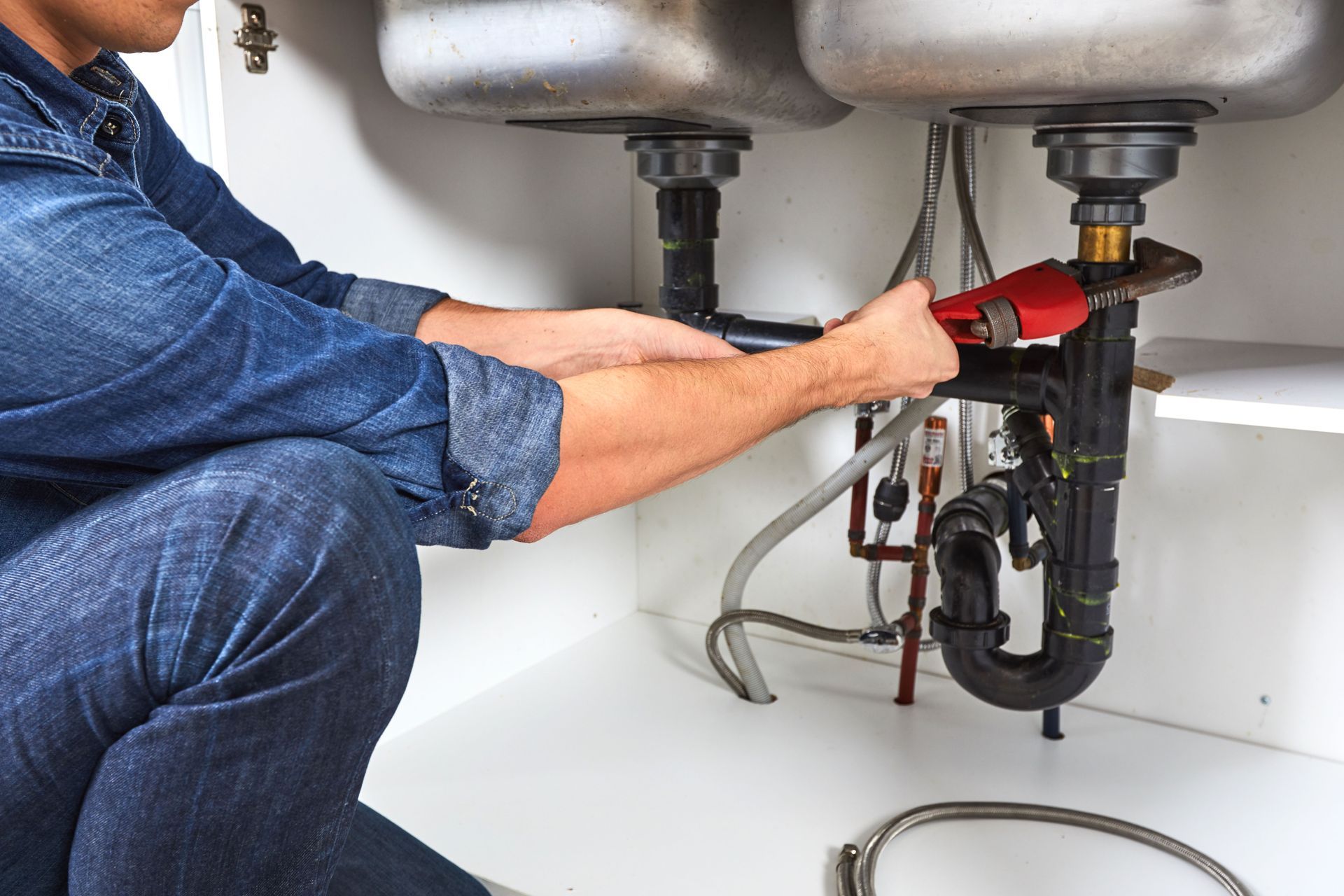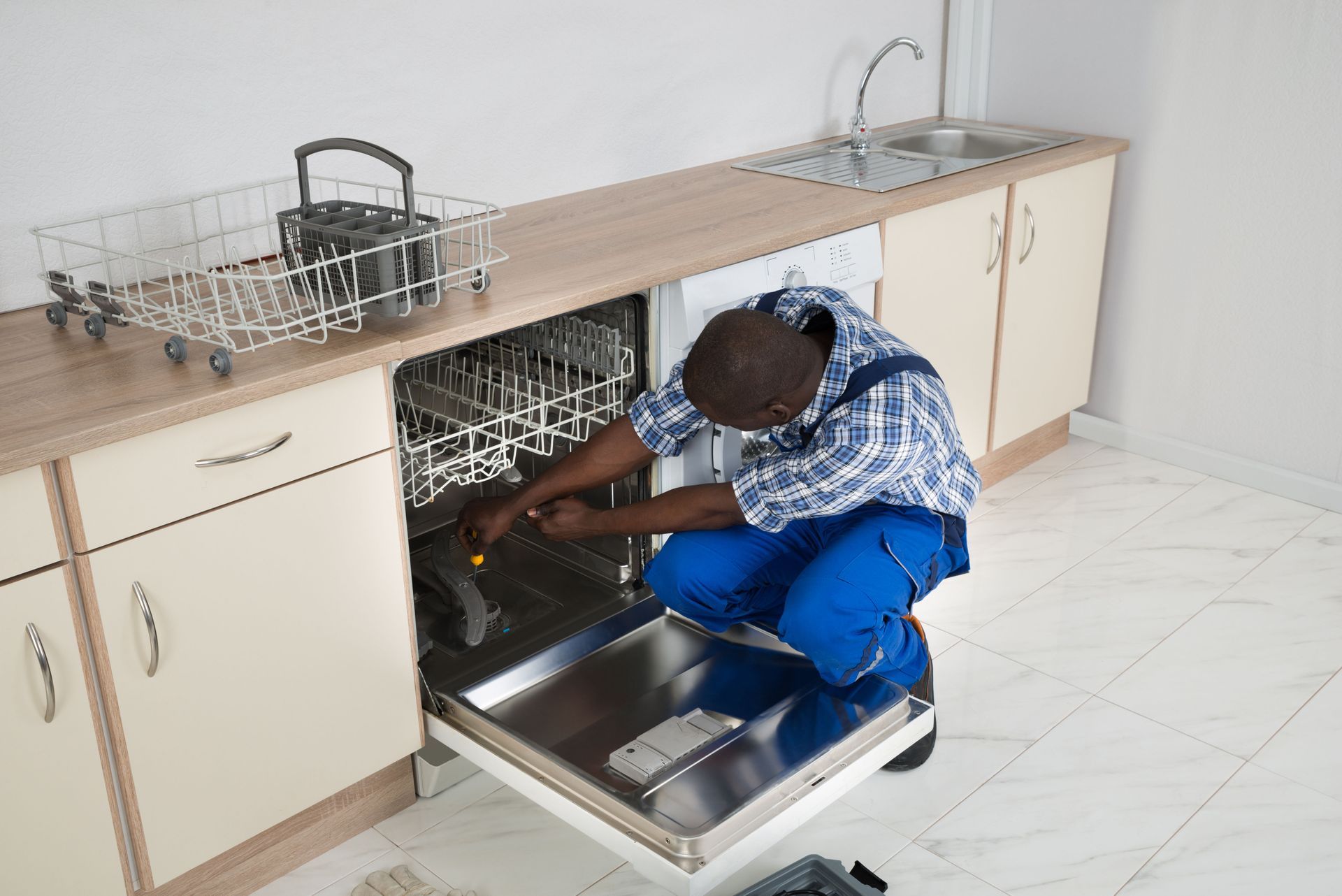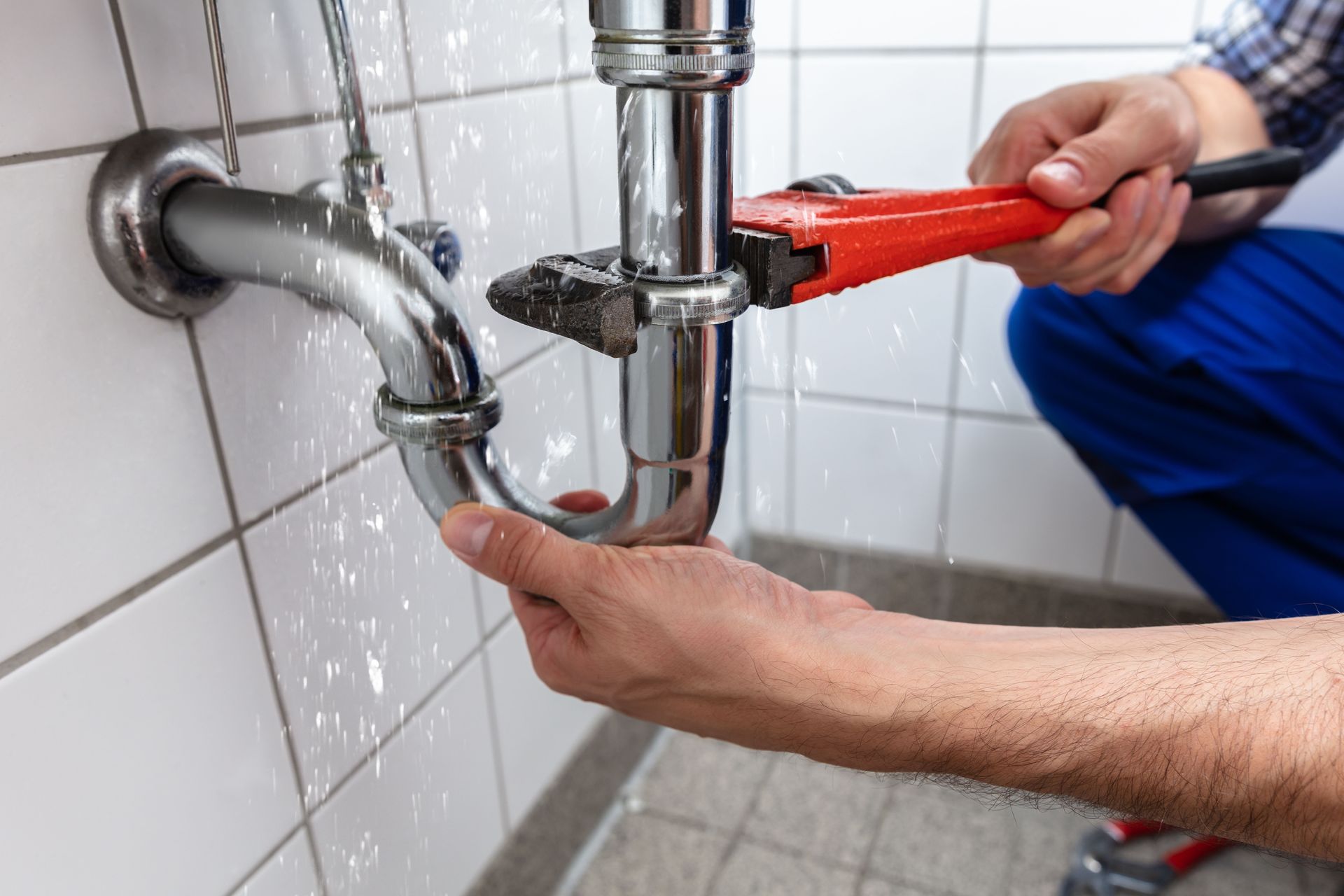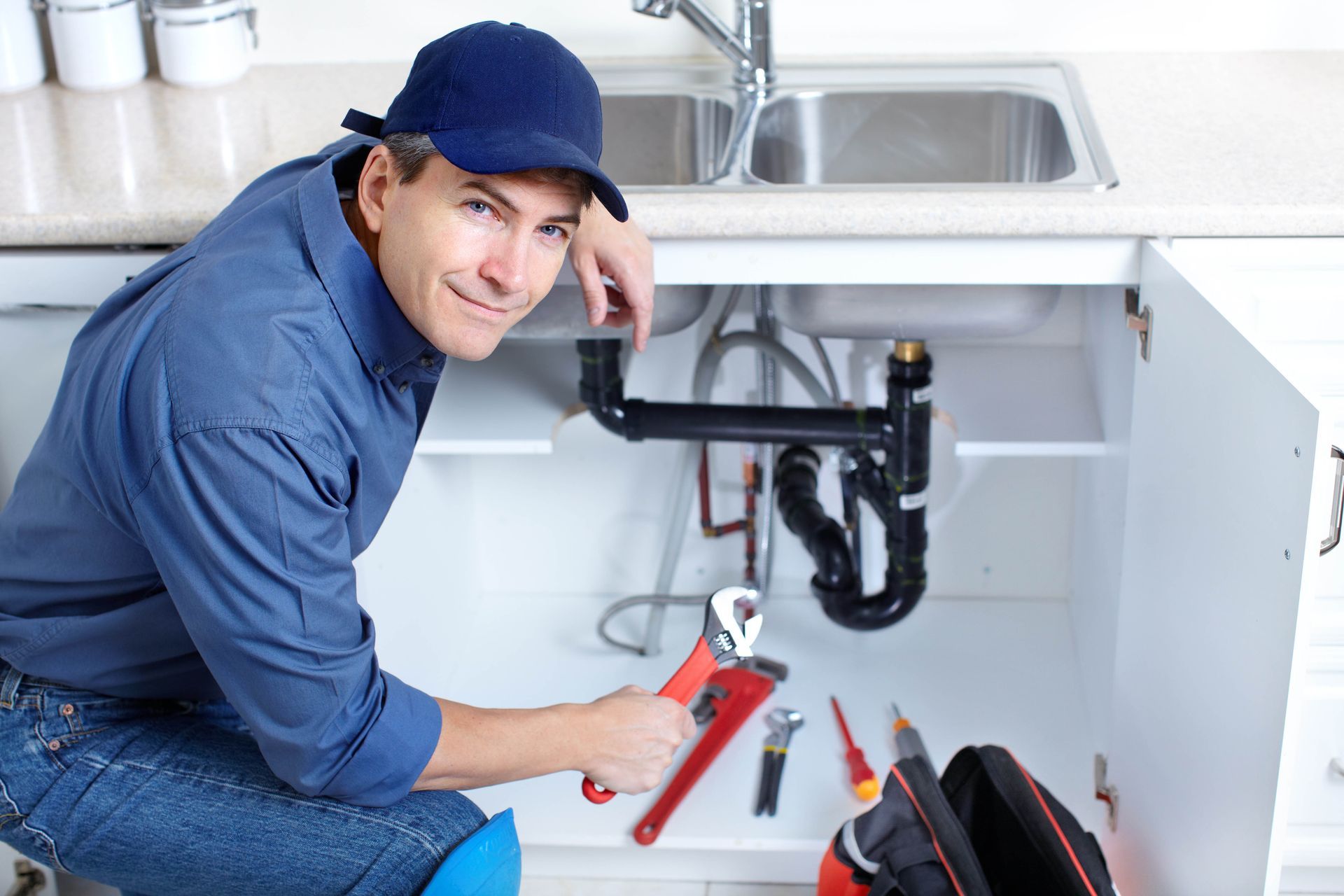The Ultimate Guide to Plumbing Repair
When it comes to maintaining your home, few things are as essential as understanding the basics of plumbing repair. Whether you're dealing with a minor drip or a major pipe burst, knowing how to approach plumbing issues can save you time, money, and prevent extensive water damage. This comprehensive guide will walk you through everything you need to know about tackling plumbing problems in your home, from identifying common issues to knowing when to call in the professionals.
Understanding Common Plumbing Problems
The first step in effective plumbing repair is recognizing the most frequent issues that homeowners face. Leaky faucets represent one of the most common problems, often caused by worn-out washers, O-rings, or valve seats. These seemingly minor issues can waste significant amounts of water over time. According to Rapidan Service Authority, plumbing leaks waste nearly 1 trillion gallons of water annually, making prompt repairs both environmentally responsible and economically wise.
Clogged drains present another frequent challenge, typically resulting from the accumulation of hair, soap scum, food particles, or other debris. Running toilets can drive up water bills substantially while creating an annoying constant sound throughout your home. Low water pressure often indicates mineral buildup in fixtures or more serious issues within your plumbing system. Water heater problems can range from insufficient hot water to complete system failure, leaving you without this essential home comfort.
Gathering Essential Tools and Materials
Before attempting any plumbing repair, you'll need to assemble the right tools and materials for the job. A well-stocked toolbox should include adjustable wrenches in various sizes, which are crucial for loosening and tightening pipe connections. Pipe wrenches provide the grip necessary for working with threaded pipes, while pliers help manipulate small components and remove debris.
A plunger remains indispensable for clearing toilet and drain clogs, and a drain snake or auger can tackle more stubborn blockages. Plumber's tape, also known as Teflon tape, creates watertight seals on threaded connections. Having replacement parts on hand, such as washers, O-rings, and gaskets, can help you complete repairs without multiple trips to the hardware store. A flashlight or headlamp will illuminate dark spaces under sinks and in basements where plumbing work often takes place.
Diagnosing Problems Before Starting Repairs
Successful plumbing repair begins with accurate diagnosis of the underlying problem. Start by carefully observing the symptoms and their patterns. Does the leak occur constantly or only when you turn on the water? Is the clog affecting one drain or multiple fixtures? Does the water pressure problem affect the entire house or just specific areas?
Turn off the water supply to the affected area before beginning your inspection. This prevents further water damage and allows you to work safely. Check for visible signs of damage, such as corroded pipes, loose connections, or mineral deposits. Test different components systematically to isolate the source of the problem. Taking photos of your plumbing setup before disassembly can help you remember how everything fits back together.
Executing Safe and Effective Repairs
When you're ready to begin your plumbing repair, safety should be your top priority. Always shut off the water supply to the area where you're working, and keep towels nearby to clean up any spills. Work slowly and methodically, avoiding the temptation to force connections or over-tighten fittings, which can cause additional damage.
For leaky faucets, start by removing the handle and examining the internal components. Replace worn washers, O-rings, or cartridges as needed, ensuring you match the exact size and type of the original parts. When dealing with clogged drains, try the gentlest methods first, such as hot water flushing or plunging, before moving to chemical drain cleaners or mechanical snaking.
Pipe repairs require careful attention to proper fitting and sealing. Clean pipe threads thoroughly before applying plumber's tape, wrapping it clockwise around the threads. Tighten connections by hand first, then use wrenches to snug them without over-tightening. Test your repairs by slowly turning the water back on and checking for leaks.
Knowing When to Call Professional Help
While many plumbing repairs can be handled by homeowners, certain situations require professional expertise. If you encounter problems with your main water line, sewer connections, or gas lines, it's essential to call a qualified plumber immediately. Complex installations, such as new fixtures or major pipe replacements, often require permits and specialized knowledge.
Signs that you need professional plumbing repair include persistent leaks after multiple repair attempts, water damage to walls or floors, unusual noises from pipes, or complete loss of water pressure. If you smell gas near water heater or other appliances, evacuate the area and call both the gas company and a plumber immediately. Additionally, if you're uncomfortable with any aspect of a repair or lack the necessary tools, it's better to invest in professional service than risk causing more extensive damage.
Preventing Future Plumbing Issues
The best plumbing repair is the one you never have to make. Regular maintenance can prevent many common problems and extend the life of your plumbing system. Schedule annual inspections of your water heater, checking for signs of corrosion, leaks, or sediment buildup. Flush your water heater periodically to remove mineral deposits that can reduce efficiency and cause premature failure.
Be mindful of what goes down your drains, avoiding grease, coffee grounds, and other materials that can cause clogs. Install drain screens to catch hair and debris before they enter your pipes. Monitor your water pressure regularly, as sudden changes can indicate developing problems. During cold weather, protect pipes from freezing by maintaining adequate heating and allowing faucets to drip during extreme cold snaps.
Building Your Plumbing Repair Knowledge
Developing expertise in plumbing repair requires ongoing learning and practice. Start with simple projects like replacing faucet washers or unclogging basic drain blockages before progressing to more complex tasks. Many home improvement stores offer free workshops on plumbing basics, providing hands-on experience with common repairs under expert guidance.
Online resources, including manufacturer websites and instructional videos, can supplement your learning with detailed step-by-step guides for specific fixtures and brands. Keep a plumbing repair journal documenting the problems you encounter, solutions that work, and parts you've replaced. This record becomes invaluable for future reference and helps you track recurring issues that might indicate larger system problems.
Consider joining local homeowner groups or online forums where experienced DIY enthusiasts share tips and troubleshooting advice. Building relationships with knowledgeable neighbors or friends who have plumbing experience can provide mentorship opportunities and emergency backup when you encounter challenging repairs beyond your current skill level.
Mastering basic plumbing repair skills empowers you to handle common household problems quickly and cost-effectively. By understanding how to diagnose issues, gather the right tools, and execute safe repairs, you can maintain your home's plumbing system and prevent minor problems from becoming major disasters. Remember that while DIY repairs can save money and provide satisfaction, knowing when to call professionals ensures your safety and protects your home's value. With the knowledge and techniques outlined in this guide, you'll be well-equipped to tackle most plumbing challenges that come your way. If you're looking for a dependable plumbing repair company, don't hesitate to contact Mid County Plumbing LLC today. We offer fast, free estimates and have over 50 years of experience in the plumbing industry. Call today!





Share On: